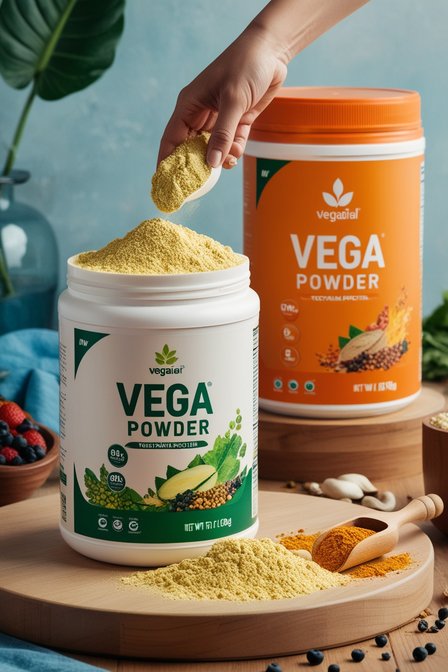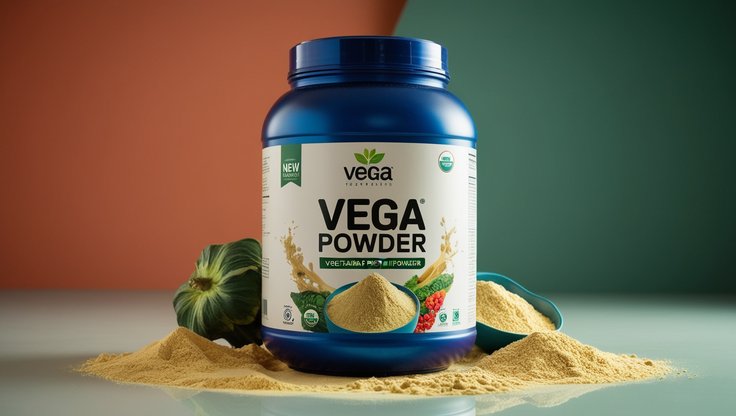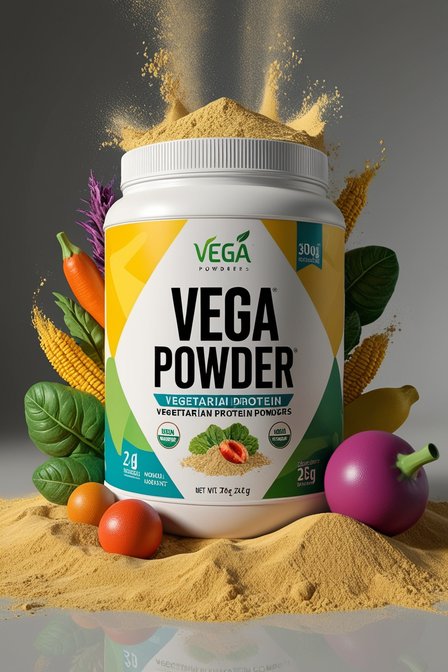Understanding Plant-Based Protein: A Comprehensive Guide
Introduction to Plant-Based Protein
In recent years, plant-based protein has gained significant attention as an alternative to animal-based proteins. This shift is driven by various factors including health benefits, environmental concerns, and ethical considerations. Plant-based proteins are derived from a variety of sources such as legumes, grains, nuts, seeds, and vegetables. This comprehensive guide aims to provide an in-depth understanding of plant-based protein, its sources, benefits, and how it compares to animal-based protein.
What is Plant-Based Protein?
Plant-based protein refers to protein derived from plant sources. Unlike animal protein, which comes from meat, dairy, and eggs, plant-based protein is sourced from plants. This includes a wide range of foods such as beans, lentils, chickpeas, quinoa, hemp seeds, chia seeds, tofu, tempeh, and various vegetables. These proteins can be consumed in their whole form or processed into protein powders and meat substitutes.
Sources of Plant-Based Protein
The diversity of plant-based protein sources is vast, offering a variety of nutrients and health benefits. Here are some primary sources:
Legumes: Beans, lentils, and peas are rich in protein and fiber. They are also a good source of iron and folate, essential for maintaining healthy blood and preventing anemia.
Grains: Quinoa, farro, and bulgur are excellent protein sources. Quinoa, in particular, is a complete protein, meaning it contains all nine essential amino acids that the body cannot produce on its own.
Nuts and Seeds: Almonds, peanuts, chia seeds, and hemp seeds are not only high in protein but also provide healthy fats, vitamins, and minerals.
Soy Products: Tofu, tempeh, and edamame are popular among vegetarians and vegans for their high protein content. These foods are versatile and can be incorporated into various dishes.
Vegetables: While not as high in protein as legumes and grains, vegetables like broccoli, spinach, and Brussels sprouts contribute to overall protein intake and offer numerous other health benefits.
Health Benefits of Plant-Based Protein
Adopting a diet rich in plant-based protein has several health advantages. These include:
Reduced Risk of Chronic Diseases: Diets high in plant-based foods are linked to lower risks of heart disease, diabetes, and certain cancers. This is partly due to the lower levels of saturated fats and cholesterol in plant-based proteins compared to animal proteins.
Weight Management: Plant-based proteins are often lower in calories and higher in fiber than animal proteins, which can help with weight management by promoting a feeling of fullness and reducing overall calorie intake.
Improved Digestive Health: The high fiber content in plant-based proteins supports healthy digestion and can prevent constipation and other digestive issues.
Nutrient Density: Plant-based proteins are packed with vitamins, minerals, antioxidants, and other phytonutrients that support overall health and well-being.
Environmental Impact
One of the significant advantages of plant-based protein is its lower environmental impact compared to animal-based protein. Livestock farming is a major contributor to greenhouse gas emissions, deforestation, and water usage. Plant-based proteins require fewer resources and produce less environmental damage. This makes them a more sustainable choice for feeding the growing global population.
Comparing Plant-Based and Animal-Based Proteins
When considering protein quality, one important factor is the amino acid profile. Animal proteins are complete proteins, containing all essential amino acids in the right proportions. Most plant-based proteins are incomplete, meaning they lack one or more essential amino acids. However, by consuming a variety of plant-based proteins, it is possible to obtain all essential amino acids.
For example, combining rice and beans provides a complete amino acid profile. This principle of complementary proteins is a cornerstone of vegetarian and vegan diets.
In terms of digestibility, animal proteins are generally more easily absorbed by the body. However, modern processing techniques and careful selection of plant-based protein sources have improved their digestibility.
Popular Plant-Based Protein Products
The market for plant-based protein products has expanded significantly. Some popular products include:
Protein Powders: Made from sources like pea, rice, hemp, and soy, these powders are convenient for adding protein to smoothies and other recipes.
Meat Substitutes: Products like Beyond Meat and Impossible Foods have created plant-based burgers, sausages, and other meat substitutes that mimic the taste and texture of animal meat.
Dairy Alternatives: Plant-based milks (almond, soy, oat), yogurts, and cheeses offer protein and can be used in place of traditional dairy products.
Challenges and Considerations
While there are many benefits to plant-based proteins, there are also challenges. These include:
Nutrient Deficiencies: Those relying solely on plant-based proteins need to be mindful of potential nutrient deficiencies, such as vitamin B12, iron, and omega-3 fatty acids, which are more readily available in animal products.
Processing Concerns: Some plant-based protein products are highly processed and can contain additives, preservatives, and high levels of sodium. Choosing whole food sources of plant-based proteins is generally healthier.
Allergies and Sensitivities: Soy and nuts, common sources of plant-based protein, are also common allergens. Individuals with allergies need to find alternative sources of protein.
Incorporating Plant-Based Protein into Your Diet
Transitioning to a diet that includes more plant-based proteins can be straightforward and delicious. Here are some tips:
Start Small: Begin by incorporating plant-based meals once or twice a week. Gradually increase the frequency as you become more comfortable with plant-based cooking.
Explore New Recipes: Experiment with different cuisines and recipes that highlight plant-based proteins. Indian, Mediterranean, and Middle Eastern cuisines, for example, have a rich tradition of vegetarian dishes.
Use Substitutes: Replace meat in your favorite recipes with plant-based alternatives. For instance, use lentils in place of ground beef in tacos or make a chickpea salad sandwich instead of chicken salad.
Snack Smart: Choose plant-based snacks like hummus with veggies, nuts, or a protein-rich smoothie.
Balance Your Plate: Ensure your meals are balanced by including a variety of protein sources along with fruits, vegetables, whole grains, and healthy fats.
Conclusion
Plant-based protein offers a multitude of benefits for health, the environment, and ethical considerations. By understanding the different sources of plant-based proteins and how to incorporate them into your diet, you can enjoy a nutritious and sustainable way of eating. Whether you choose to go entirely plant-based or simply want to reduce your meat consumption, incorporating more plant-based proteins into your diet can be a positive step towards better health and a healthier planet.



